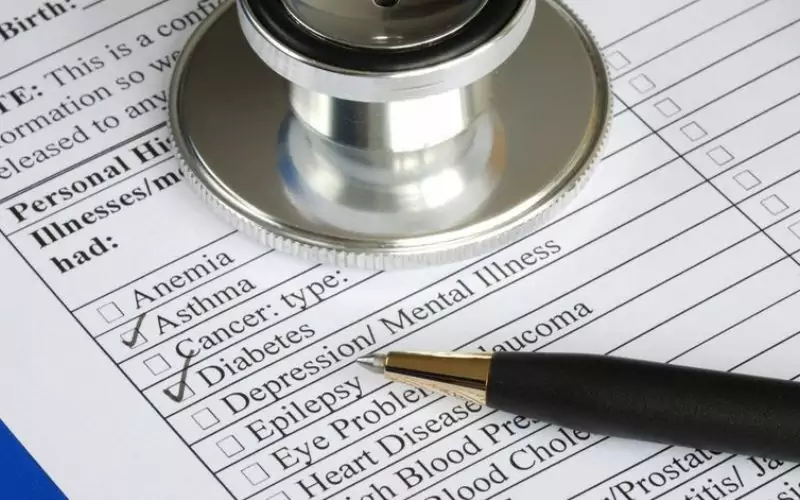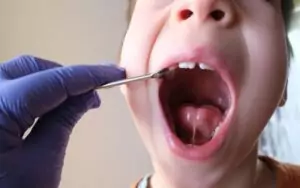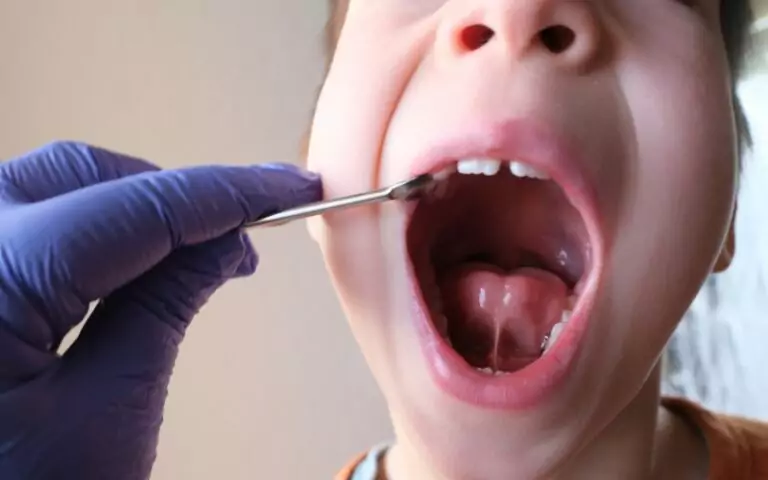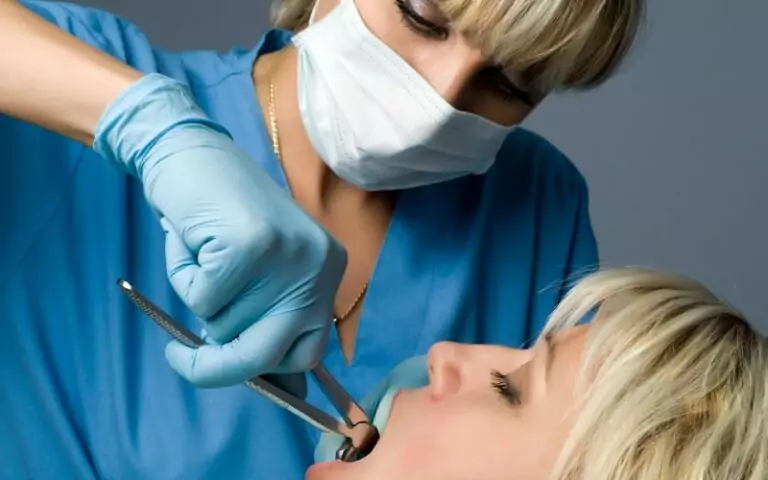Table of Contents
ToggleWhy You Need To Share Medical Information With Your New Dental Care Team
Taking Blood Thinners
Just because you’re on blood thinners does not mean you can’t receive dental treatment, it just means your dentist will have to proceed with caution, especially regarding oral surgery. Because blood thinners help prevent blood clots from forming, this can also cause issues with blood forming at the surgical site. However, you should never stop taking your medication before the procedure. Dentists can control bleeding in the office and monitor your health and also offer the proper aftercare instructions following your operation to control bleeding or when to seek help.
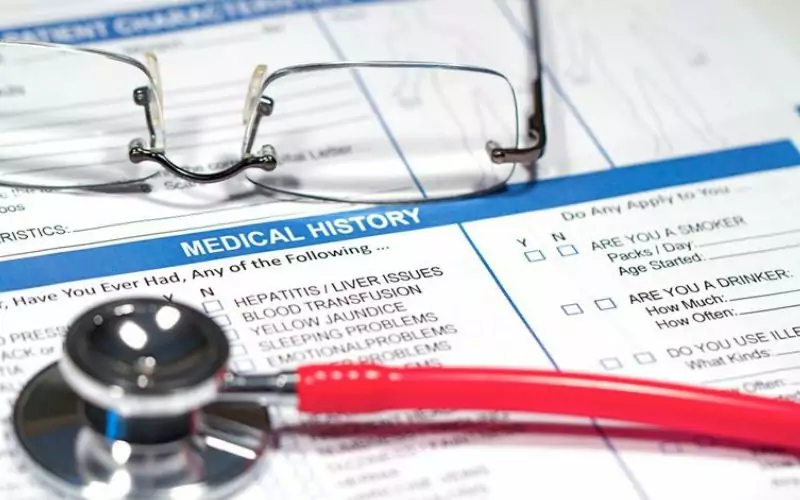
High Blood Pressure
Pregnancy
Yes, you can still go to the dentist whilst pregnant, however, it’s important to disclose this information so they are aware of any prescription drugs or prenatal vitamins prior to beginning your treatment. Any oral surgery will also have to wait until after you’ve had your baby. X-rays may also need to be completed in a different manner such as shielding your abdomen.
Did you know that pregnancy hormones can increase your risk of gum disease? If you’ve already shown signs before becoming pregnant of gum disease, your dentist may want to check on your teeth and gums more frequently to ensure any dental problems are dealt with in a safe and timely manner.
Diabetes
Allergies
- Latex allergy
- Metal or nickel allergy
- Chlorhexidine allergy (a common cleaning product dentists use)
- Tylenol, Advil or Aspirin allergy

Your Health History Allows Your Dentist To Provide Safe & Effective Dental Treatment
Your oral health is directly linked to your general health, therefore, if it’s not maintained properly, you’re going to experience dental issues that will negatively affect your teeth and overall health. This can be resolved by ensuring you’re filling out your medical history properly or disclosing any important information during your dental exam. This is of utmost importance if you’re taking certain medications or have specific health problems like heart conditions or high blood pressure.
No matter your age, dental condition, and if you have a million questions, Dr. Sims can assist you or your young children in a professional manner and loves answering any of your questions or concerns. Dr. Sims grew up in Grimsby playing basketball, so he’s always up for talking about the Raptors! He’s also a football fan - go Buffalo Bills! In his free time, if he’s not watching a basketball game or football game, you’ll likely find him working out, cooking (got any new recipe ideas?), and of course, spending time with his amazing family.
- Does Tongue Tie Affect Speech? - April 26, 2024
- Tongue Tie Surgery: Medical or Dental? Your Complete Guide - February 28, 2024
- What to Eat After Tooth Extraction - January 16, 2024

